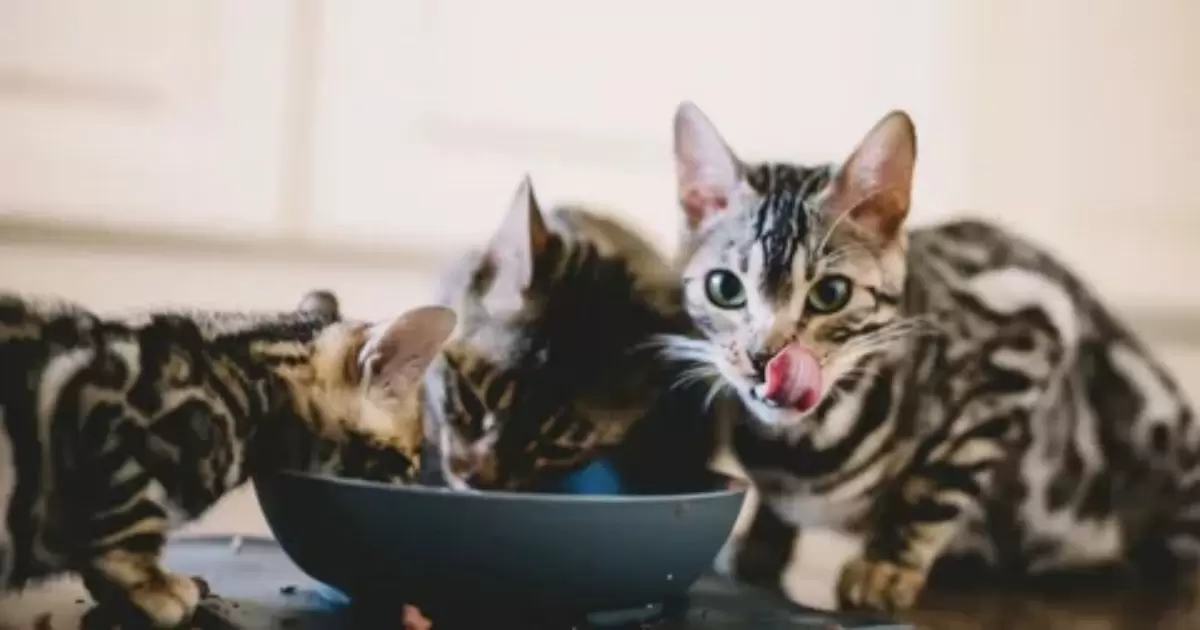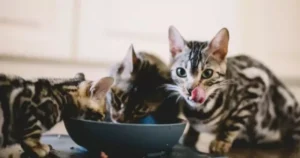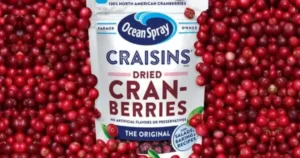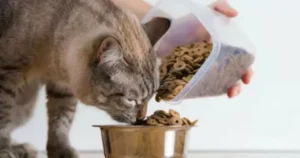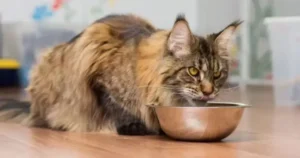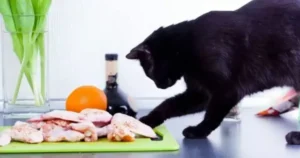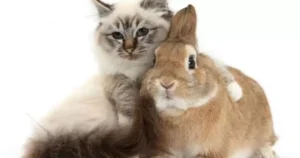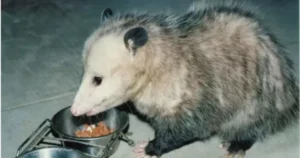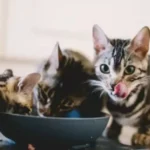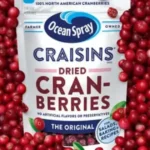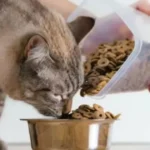As a responsible pet owner, ensuring your feline friend receives the proper nutrition is of utmost importance. However, with the vast array of cat food options available in the market, it can be confusing to determine what is best for your furry companion. One common dilemma that arises is whether adult cats can consume kitten food, and, if so, what implications it might have on their health. In this comprehensive guide, we will delve into the intricacies of feline dietary requirements, addressing the query: Can adult cats eat kitten food?
Kitten Food vs. Adult Cat Food: Understanding the Differences
Kittens and adult cats have distinct nutritional needs that must be met to support their growth, development, and overall well-being. Kitten Chicken Cat Food is formulated to provide the necessary nutrients for the rapid growth and development phase that kittens undergo during their first year of life. Adult cats, on the other hand, require a different nutritional profile in their chicken cat food to maintain their health rather than promote growth.
Kitten food typically contains:
- Higher protein content: Kittens require a protein-rich diet to support muscle growth and development.
- Increased caloric density: Growing kittens have higher energy requirements per pound of body weight compared to adult cats.
- Elevated levels of specific vitamins and minerals: These nutrients aid in the development of bones, teeth, and other vital systems.
On the other hand, adult cat food is designed to meet the nutritional needs of fully grown felines. It has a balanced nutrient profile tailored for maintenance, rather than growth.
Adult cat food generally contains:
- Moderate protein levels: Adult cats require protein for muscle maintenance, but not as much as growing kittens.
- Lower caloric density: Adult cats have lower energy requirements per pound of body weight compared to kittens.
- Balanced vitamin and mineral levels: These nutrients support overall health and well-being in adult cats.
The Potential Risks of Feeding Kitten Food to Adult Cats
| Risk | Description |
| Obesity/Weight Gain | Kitten food is calorie-dense, leading to obesity in adult cats |
| Nutritional Imbalances | Higher levels of protein, calcium, and phosphorus not suited for adults |
| Kidney/Liver Strain | Excessive protein intake can overwork these organs |
| Urinary Tract Issues | Increased minerals raise risk of crystals and stones |
| Digestive Problems | High fat and protein are difficult to digest; vomiting, diarrhea, and flatulence |
While it may seem harmless to feed kitten food to an adult cat, there are potential risks associated with this practice:
- Obesity and weight gain: Kitten food is calorie-dense, which can lead to obesity and related health issues in adult cats if fed excessively.
- Nutritional imbalances: The higher levels of certain nutrients in kitten food may not be appropriate for adult cats and could potentially cause health problems if consumed over an extended period.
- Digestive issues: The high protein and fat content in kitten food may be difficult for some adult cats to digest properly, leading to gastrointestinal problems.
It’s essential to understand that feeding kitten food to adult cats should be a temporary measure and not a long-term diet plan.
Circumstances When Adult Cats Can Eat Kitten Food
While it’s generally not recommended to feed kitten food to adult cats as a primary diet, there are certain situations where it may be beneficial or necessary:
- Underweight or malnourished cats: If an adult cat is significantly underweight or has struggled with maintaining a healthy weight, kitten food’s higher caloric and nutrient content can aid in weight gain and recovery.
- Appetite stimulation: Some adult cats may experience a loss of appetite due to various reasons, such as illness or stress. The palatable and enticing aroma of kitten food can encourage them to eat.
- Recovering from illness or surgery: After a major medical event or surgical procedure, adult cats may require a nutrient-dense diet like kitten food to support their recovery process.
- Pregnant or nursing cats: During these physiologically demanding stages, adult cats may benefit from the extra nutrients and calories found in kitten food to support their increased energy needs.
However, it’s crucial to consult with a veterinarian before introducing kitten food to an adult cat’s diet, as they can provide personalized recommendations based on the cat’s specific health condition and dietary requirements.
Transitioning from Kitten Food to Adult Cat Food
If you have been feeding your adult cat kitten food, it’s important to transition them back to an appropriate adult cat food gradually. Abrupt dietary changes can lead to digestive upsets and other health issues.
Here’s a general guideline for transitioning:
- Introduce the new food gradually. Start by mixing a small portion of the adult cat food with the kitten food, gradually increasing the ratio of adult food over a period of 7–10 days.
- Monitor your cat’s response: Observe your cat’s appetite, stool quality, and overall well-being during the transition period. If any adverse reactions occur, consult your veterinarian.
- Adjust the transition timeline as needed: Some cats may require a longer or shorter transition period, depending on their individual preferences and digestive systems.
Remember, it’s always best to consult with a veterinarian if you have any concerns or questions regarding your cat’s diet and nutritional needs.
FAQS:
Is it OK to feed an older cat or kitten food?
No, it’s not recommended to feed kitten food to older/adult cats regularly, as it can lead to obesity, nutritional imbalances, and health issues.
Can you give kittens food for adult cats?
No, adult cat food lacks the higher levels of protein, calories, and nutrients kittens need for proper growth and development.
Is there really a difference between kitten and adult cat food?
Yes, kitten food is higher in protein, calories, and certain nutrients to support rapid growth, while adult cat food is formulated for maintenance.
Will kitten food help my cat gain weight?
Yes, kitten food’s higher caloric density can help an underweight adult cat gain weight temporarily under veterinary guidance, but long-term use can lead to obesity.
Conclusion:
While it may seem like a harmless option, the answer to Can Adult Cats Eat Kitten Food? is generally no. Kitten food is formulated to meet the specific nutritional needs of growing kittens, which are different from those of adult cats. Feeding kitten food to an adult cat on a regular basis can lead to obesity, nutritional imbalances, and other health issues.
There are exceptional circumstances where a veterinarian may recommend kitten food for an adult cat, such as during recovery from illness or injury or to help an underweight cat gain weight. In these cases, kitten food should only be given temporarily and under professional guidance. For long-term health and well-being, it’s best to feed adult cats a diet specifically designed for their life stage.
